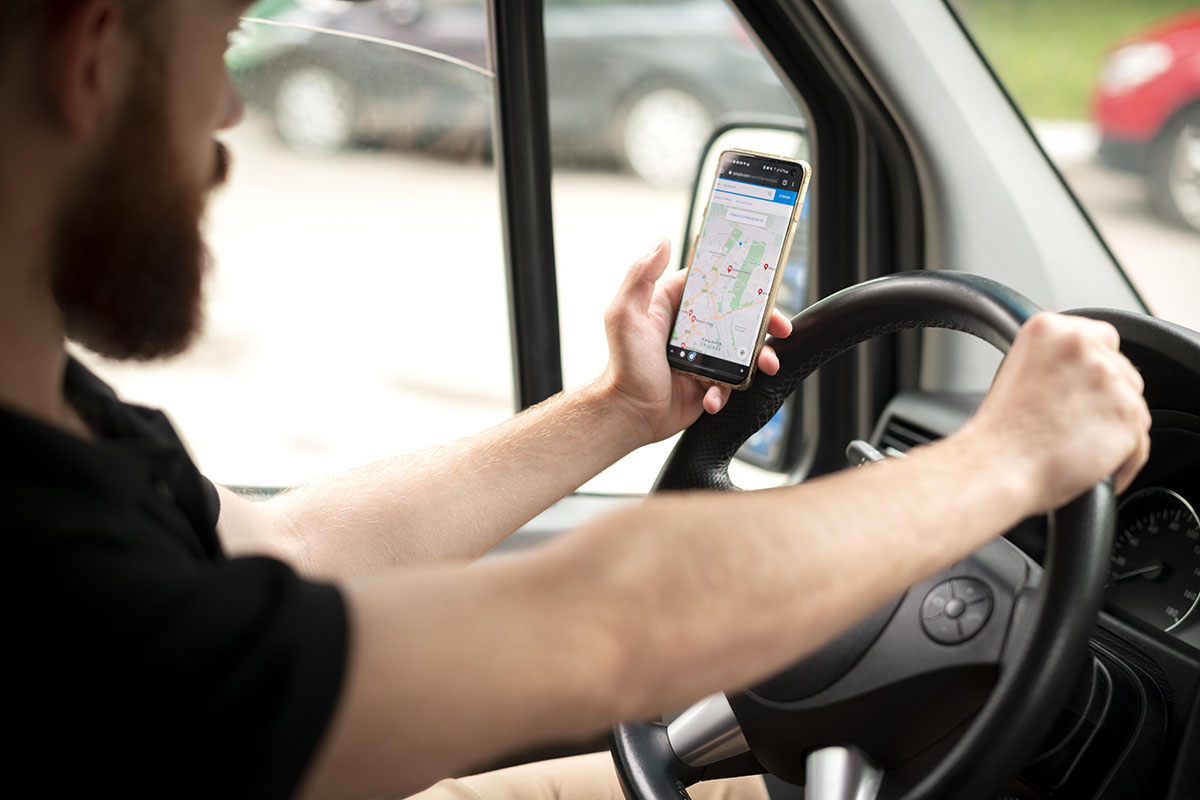Seven Tips To Help You Manage A Long-Distance Move
Remote and hybrid working are now firmly established. They may not be for everyone, but they are for increasing numbers of people. As a result, increasing numbers of people are reconsidering where they live. In fact, some people are making, or at least thinking about, significant moves. If you’re one of them, here are seven tips to help.
Give yourself plenty of time.
Start your planning at least two months ahead of your intended move date. Really, three is better. That will give you a month to get your plan in order and perhaps make a start on some early actions. You’ll then have two months to implement it.
Create a moving folder
Your moving folder can be digital or paper. It does, however, need to be big enough to hold everything to do with your move. This is why digital is often the better option. Digital also has the bonus of generally being easier to share.
Put together a Gantt chart
Gantt charts are essentially a cross between schedules and task lists. They’re great for managing small-scale projects like house moves. Creating a Gantt chart is so helpful because it forces you to think about timings and dependencies. In other words, you need to think about how long it will take to do a task and if any other tasks have to be done first.
When you’re putting together your plan, remember to think about your new home as well as your current one. For example, you’ll need to organize utilities in your new home and inform your current providers that you’re moving.
Sort out your transport
As soon as you’ve settled on a moving date, book your movers and, if necessary, organize your car shipping. Keep in mind that reputable movers and car-shippers tend to be in demand. This is why it’s highly advisable to book as far in advance as you possibly can. Also, being up against the clock may give you extra motivation to get on with organizing the rest of your move.
If you’re driving, book your car in for a service to ensure it’s up to the job. If you’re not, book your transport. If you have pets to transport, make sure that they can go with you, especially if you’re planning on going by air. Some airlines place strong restrictions on transporting animals, particularly short-nosed dogs and cats.
Stop shopping
Realistically, you’re unlikely to be able to stop shopping completely. You should, however, definitely think carefully before you make any purchase. In particular, ask yourself if you can use it up before you leave. If the answer’s no, ask yourself if you’re willing to move it on before you go or arrange transport for it.
You should be able to answer yes to at least one of those questions before you make any purchase. Any purchase means any purchase. In other words, it includes everyday household purchases such as food. In fact, you could say that it applies especially to food. Food waste is a major issue for the planet as well as for your wallet. Do your best to use up what you have.
Manage A Long-Distance Move: Start selling
Again, you’re unlikely to be able to sell everything you want to move on. Realistically, some of it will probably end up being donated, gifted, recycled, or, sadly, just plain put in the trash. With that said, the sooner you get moving on clearing out your belongings, the more likely it is that you’ll be able to make some money from them. At a minimum, you’ll save yourself the stress.
Decluttering is always recommended before any move. With long-distance moves, it becomes even more important. The key point to remember is that a long-distance move will probably involve a change in your lifestyle. In fact, that’s often the main point of a long-distance move. This means that possessions that work perfectly in your current home may not work in another.
On the one hand, transporting possessions you’re not going to use is a waste of effort and money. On the other hand, rebuying the possessions you need is also a waste of effort and money. This is why it’s imperative to think through what you’re actually going to need and what you’re not. It’s easier to do this if you’re not under time pressure, so, again, start early.
Pack very robustly
Give yourself a decent budget for high-quality packing supplies. They really do make a difference. Then see what you can pick up for free if you can start by packing your fragile items. Wrap them in packing material and then try to surround them with soft materials like clothes. Then move on to the less challenging items. This will make your life much easier if you do wind up in a last-minute rush.



















